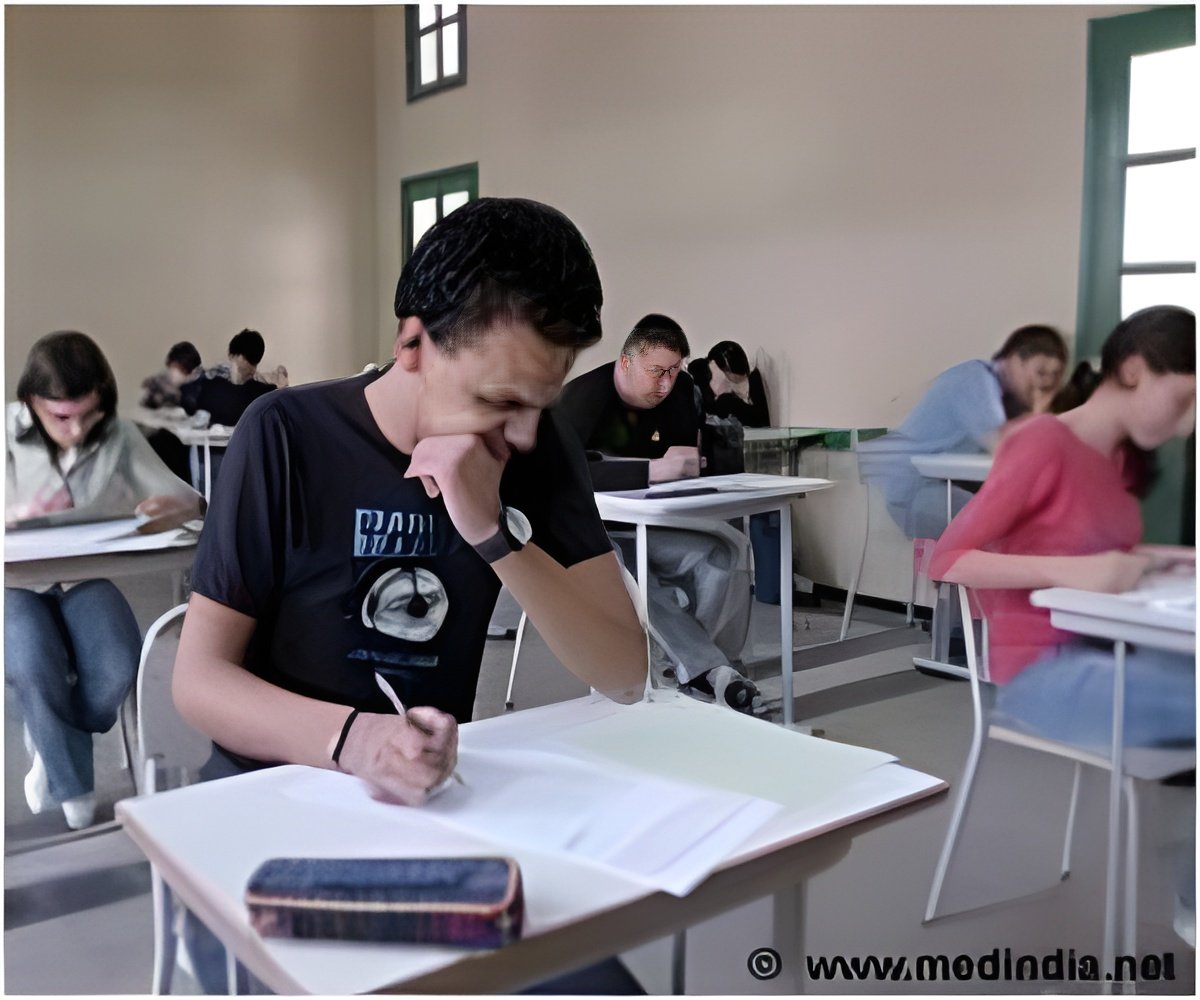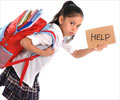Early family and community support are essential to children's academic success, finds a study to be presented at the Pediatric Academic Societies (PAS) 2018 Meeting in Toronto.
In an age where there is stiff competition, school children today push themselves to ace their subjects. They are faced with increased stress to perform and their attitudes decrease in a strong and graded fashion, However, children with increased family and community protective factors have improved outcomes in school, reveals a new study. The findings of the study will be presented during the Pediatric Academic Societies (PAS) 2018 Meeting in Toronto.//
Adverse childhood experiences (ACEs) are associated with poor outcomes in adults. However, the impact of ACEs on school performance and factors that may be protective are not well studied.
TOP INSIGHT
Children with positive family and community support are seen to perform better in school, says a new study.
To conduct the study, a cross-sectional analysis of demographically weighted data from over 65,000 children, between the ages of six and 17 in the 2011/2012 National Survey of Children Health (NSCH) was performed. In the survey were nine ACE questions based on negative experiences, and graded questions on protective factors (PROs), including safe neighborhood, non-smoking environments and meals. School outcome measurements were attendance, homework completion and attitude towards school itself.
"Our study showed a strong correlation between childhood stresses and poor school performance," said Dr. Angelica Robles, one of the authors of the study. "Similarly, strong PRO scores revealed improved school outcomes. Primary care providers, clinicians and educators should consider screening for both ACEs and PROs in order to identify risks and strengths to guide treatment and referral."
Source-Eurekalert

 MEDINDIA
MEDINDIA




 Email
Email




